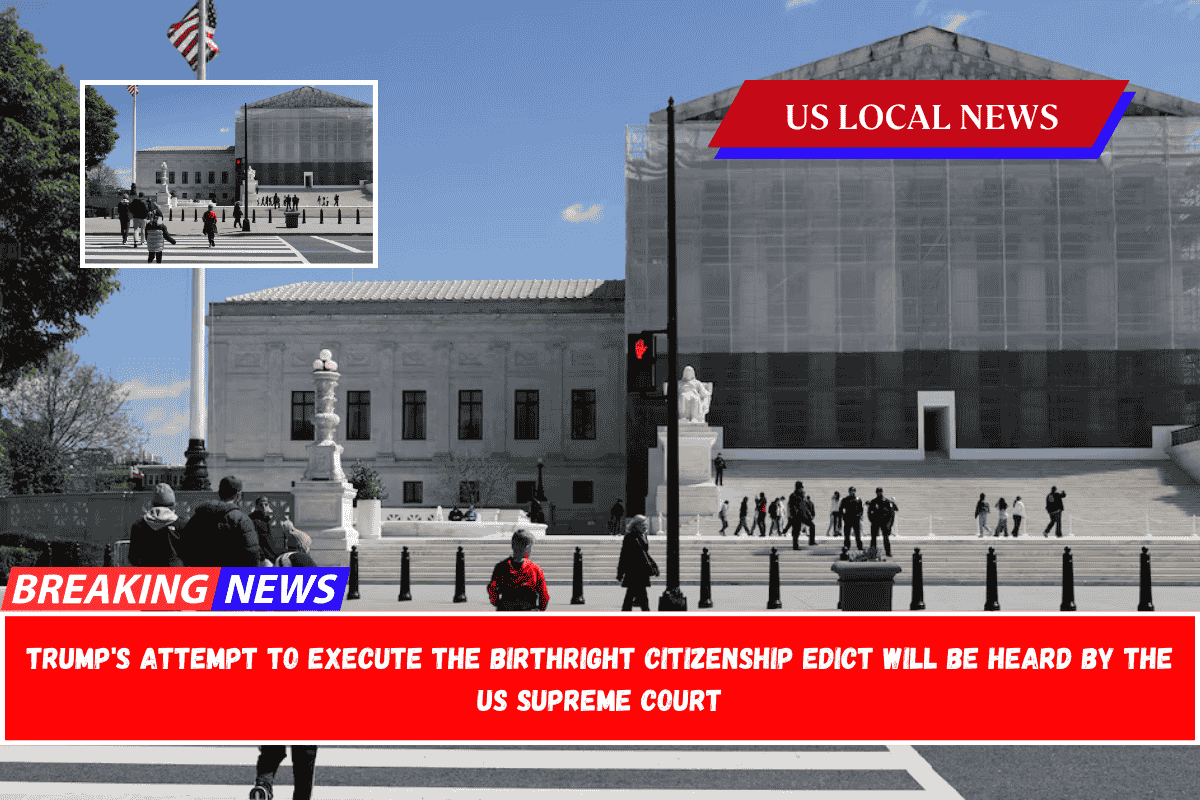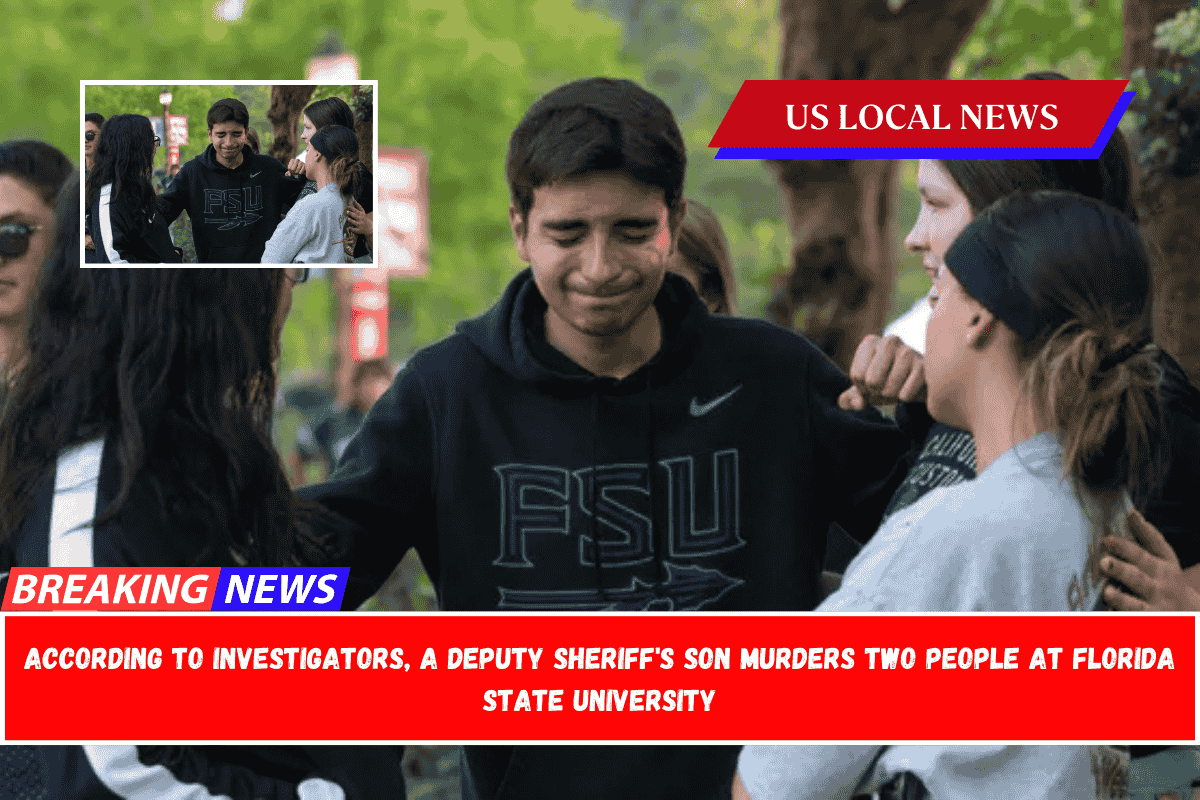Texas – The Trump administration’s clampdown on the Southwest border is reflected in recent data, which show the largest drop in migrants in five years.
Meanwhile, ICE arrests and patrols north of the Rio Grande have left border communities “anxious,” according to community leaders.
On Tuesday, Customs and Border Protection reported 29,116 illegal border crossings by US Border Patrol along the Southwest border in January. This is down nearly 50% from 47,316 migrant encounters in December and 249,740 encounters in December 2023.
The number of migrants encountered by Border Patrol agents and CBP officers from the Office of Field Operations—which includes ports of entry—was 61,465 in January, a 44% decrease from December.
Because President Donald Trump took office on January 20, the January data does not yet reflect a full month of Trump administration changes regarding asylum and border entries.
Nonetheless, it demonstrates a significant difference in the number of immigrants crossing the border, or at least those encountered by law enforcement on American soil without proper documentation.
The decrease in the number of immigrants crossing from Mexico into the United States has also resulted in a noticeable decrease in activity in Southwest border communities, where migrants are afraid of being arrested.
In South Texas, an increasing number of immigrants are attending free “know your rights” workshops hosted by the nonprofit organization La Union del Pueblo Entero (LUPE) to learn what to do if approached by a US Immigration and Customs Enforcement (ICE) officer.
According to Joaquin Garcia, LUPE’s director of community organizing, residents are not only attending workshops throughout the Rio Grande Valley, but also visiting the organization’s facilities in San Juan and Alton, Texas, for assistance in applying for citizenship, which he claims many qualify for but have never done and are now compelled to do due to fear of deportation.
“It is been a wake-up call,” Garcia told Border Report Tuesday. “There are a lot of questions about what will happen if people are deported. We have heard in the Valley that ICE vehicles are visiting various parts of the county and colonias.
Colonias are rural housing subdivisions along the border that frequently lack water, sewage, and electricity. Some have thousands of residents, and Garcia claims that residents report federal officers patrolling neighborhoods and photographing residents and cars. And he claims that this has scared many people, who are afraid to leave their homes to take their children to school or work.
“They are photographing people as they leave their homes, as well as license plates. But, you know, people have to get on with their lives,” Garcia explained.
“Obviously, we are not happy that people are experiencing anxiety as a result of what is going on, but we knew we had to prepare for this. And I believe we are doing our best to provide people with information and tools that they can use if necessary. And we will keep doing those trainings for months to come,” he explained.
LUPE informs residents about their constitutional right to remain silent, regardless of whether they are US citizens or not. That they have the right to an attorney, and that they should hire one right away in case they are arrested.
They are also encouraged to have a preparedness plan in place, which includes signed guardianship papers for their children and cash to cover legal fees.
Immigration lawyers tell Border Report that many migrants are being arrested for minor offenses such as driving without a license.
Texas law prohibits those without documents from obtaining a state driver’s license. “We do tell folks to try to respect the law, respect the traffic signals and whatnot, but if for any reason you are stopped you know you can exercise your right to remain silent,” says Garcia. “Do not incriminate yourself.”















